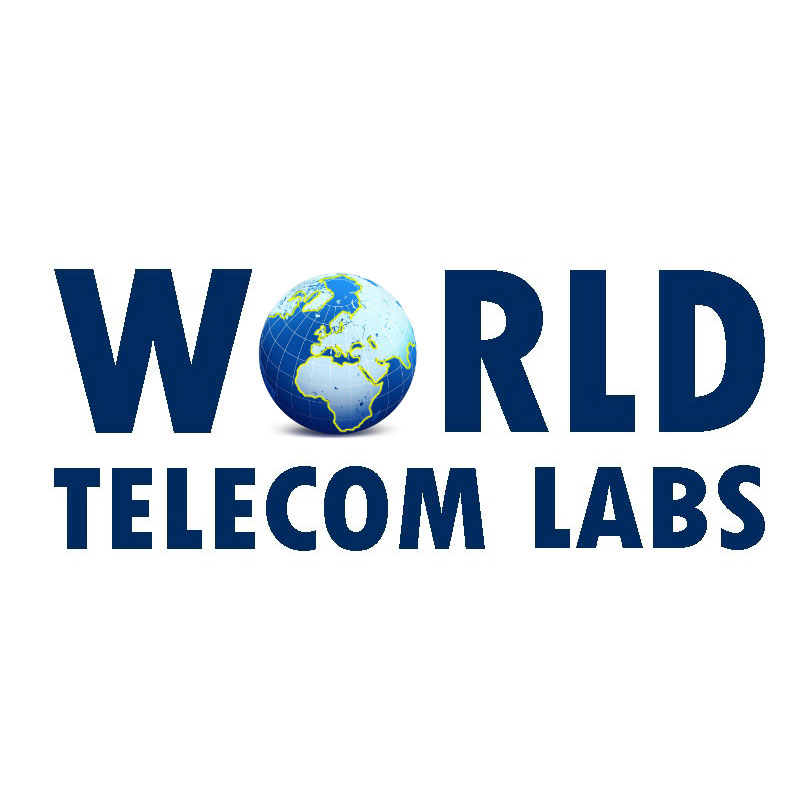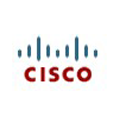With a focus on ICT infrastructure, Huawei innovates with its partners and customers to provide a one-stop safe city solution. (Image Credit: Darryl Linington)
Huawei held its Safe City Africa Summit in Cape Town as a platform for more than 400 industry members to share insights, development trends and global success stories on public safety in cities and discuss ways to reduce crimes and reinforce city safety through establishing innovative ICT safe city solution.
At the Summit, Mr. Li Peng, President of Eastern and Southern Africa, Huawei, delivered a welcome speech, expressing that innovative ICT infrastructure is the foundation of building safe smart cities. He said, “In 2015, the ‘Year of China’ in South Africa, Huawei would like to reiterate our commitment to work hand-in-hand with our partners to provide Africa with innovative one-stop safe city solution. These solutions will help to build safer and more harmonious urban residential, business and tourism environments to attract investment and increase employment for sustainable economic development.”
Innovative ICT Makes Safe City Smarter
The acceleration of global urbanization and the proliferation of the internet will drive the convergence of ICT and urban infrastructure. Countries worldwide are actively formulating plans for the development of safe and smart cities to seize new opportunities generated by global urbanization. At the Summit, safe city project leaders from many countries including Madagascar, Kenya, Republic of Trinidad and Tobago, and the United Kingdom shared their experience on ICT best practices to enhance public safety with innovative ICT.
Mr. Randimbisoa Blaise Richard, Minister of Public Safetyof Madagascar, said, “As a multicultural country, Madagascar has gone to great efforts to meet the increasing requirements of economic growth and social stability triggered by the acceleration of globalization. Our major responsibilities are to maintain social order and combat crime, working to ensure that Madagascar is a safe country to live, travel, and invest in. To this end, we chose to cooperate with Huawei and adopt its safe city solution to protect both the lives and property of our residents, leveraging Huawei’s cutting-edge technology and consummate service in 2013.”
Mr. Richard Chace, Chairman of the Global Security Industry Alliance (GSIA), shared his insights from the perspective of global safe city standards and trends. He said, “I’m very focused on how urbanization trends around the world are driving the specification and implementation of safe city technologies and solutions. I feel very strongly that successful safe city programs build heavily on well developed public-private partnerships that are designed to be “win-win”. The best use of technology is the one driven by sound planning that first seeks to define problems and then match the right manageable solutions for the long term.”
Forrester Research Principal Analyst Ms. Jennifer Belissent spoke about the role of ICT solutions in protecting a city’s safety and making cities safer and smarter. She went on to explain, “Urbanization means that a growing population depends on cities to meet their social, environmental and economic needs. Safety is fundamental to those needs, and public safety is a concern of city leaders — whether it’s preventing crime, reducing infant mortality or mitigating the effects of natural disasters. Better access to data and new analytics tools makes that job easier. A safe city not only improves live-ability, but also encourages economic growth and ensures sustainable development. And, that makes safety a key element of any smart city.”
Open Cooperation to Provide One-Stop Safe City Solution
With a focus on ICT infrastructure, Huawei innovates with its partners and customers to provide a one-stop safe city solution. Working with industry-leading IT solution providers including Hexagon and SAP, Huawei develops solutions to address actual customer needs. Huawei also provides services to government customers though channel partners including Telkom, MIS (PTY), REUTECH, IRT, and Mustek.
At the summit, Justin Schmidt, Executive Manager of Hexagon Ventures, discussed how Huawei and Hexagon have developed the industry’s first joint safe city solution which fully meets business needs for city safety management. He said, “For the first time, the majority of the world’s population lives in cities and this is putting pressure on cities to provide a safe environment for their citizens. Hexagon and Huawei are meeting this global challenge head-on with integrated safe city solution that enables cities to determine threats, resolve crises more easily through collaborative efforts and resolve issues with intelligent analysis of big data.”
Huawei will continue to be integrated in the field of public safety, cooperating with leading industry partners to provide a one-stop safe city solution. Huawei’s Safe City Solution is the first of its kind in the industry to enable complete visualization of incident handling processes and comprehensive convergence of commands. It seamlessly integrates eLTE broadband trunking, video surveillance, Unified Communications (UC), and video conferencing systems with a Computer Aided Dispatch (CAD) system to achieve the visualization of command and dispatch. Leveraginmakg the intelligent video analysis system based on big data, the solution can quickly and precisely extract clues from massive volumes of videos. This facilitates active prevention before incidents, quick response during incidents, and precise retrieval after incidents in public areas. To date, Huawei’s Safe City Solution has been deployed in more than 100 countries across 30 countries around the world.
Taking place between April 28 to 29, 2015, the Huawei Safe City Africa Summit featured keynote speeches and breakout sessions, and gathered government administrators,customers, partners, and industry experts, including Dr. Siyabonga Cwele, South Africa’s Minister of Telecommunications and Postal Services; Ms. Mmamoloko Kubayi, South Africa’s Chairperson of Telecommunications and Postal Service Committee; Mr. Randimbisoa Blaise Richard, Ministry of Public Safety of Madagascar; and Mr. Rong Yansong, Economic and Commercial Counselor of the Chinese Embassy of South Africa.










